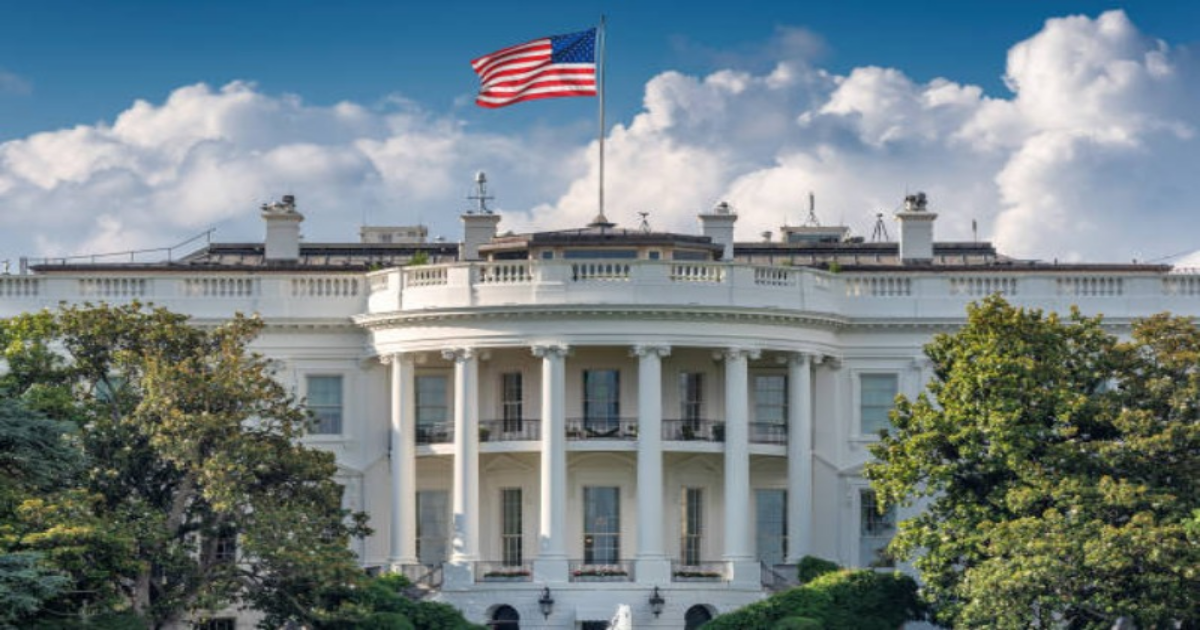This week at the White House, several key initiatives in tech, STEM, and sustainability are taking center stage. Here’s a look at the major developments taking place in Washington with President Trump. No opinions—just facts.
California is taking the Trump administration to federal court over sweeping tariffs imposed on U.S. trading partners, arguing that President Donald Trump is illegally using emergency powers to justify the economic measures.
Gov. Gavin Newsom and state Attorney General Rob Bonta filed the lawsuit Wednesday in the U.S. District Court for the Northern District of California. They claim Trump is misusing the International Emergency Economic Powers Act (IEEPA)—a law intended for genuine national security threats—by declaring questionable emergencies to enforce tariffs.
The Trump administration is tightening its grip on media access, announcing that prominent wire services like Reuters and Bloomberg News will no longer have permanent positions in the small press pool that follows President Donald Trump.
The change, revealed Tuesday, comes shortly after the Associated Press won a legal battle over a similar exclusion. Traditionally, wire services play a critical role in delivering real-time coverage of the president’s remarks and movements—information relied upon by financial markets, local outlets, and global media.
In his first public appearance since leaving office in January, former President Joe Biden delivered a direct warning about the future of Social Security, criticizing the Trump administration’s early actions as destructive to the program.
Speaking Tuesday in Chicago to a group of disability rights advocates, Biden voiced concern that Trump’s policies are already placing Social Security in jeopardy for “millions of deserving Americans.” While he avoided naming Trump directly, Biden made veiled references, saying, “this guy” has brought “damage and destruction” in less than 100 days.
President Donald Trump announced Sunday that his administration will unveil new tariff rates on imported semiconductors in the coming week, part of a broader push to shift chip production back to the U.S. and reshape trade with China.
Speaking aboard Air Force One, Trump said the tariffs are aimed at encouraging domestic manufacturing of semiconductors and other tech components, suggesting the previous exclusion of smartphones and computers from tariffs may soon end. “We want to make our chips and semiconductors… in our country,” he said.
U.S. cybersecurity officials say morale has plummeted inside the Cybersecurity and Infrastructure Security Agency (CISA) after President Donald Trump ordered the Justice Department to investigate Chris Krebs, the agency’s former director.
The directive, signed Wednesday, cites Krebs’ rejection of Trump’s false claims about widespread fraud in the 2020 election, calling for a full review of his actions. Krebs, who was appointed by Trump during his first term, was widely respected across government and built CISA into the country’s frontline defense against cyber threats. His firing in late 2020 followed public statements affirming the election’s integrity.
